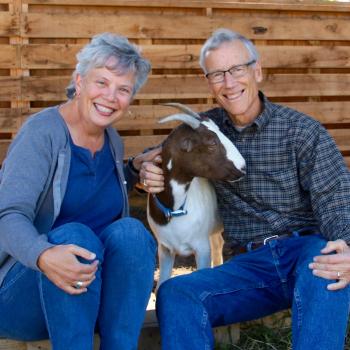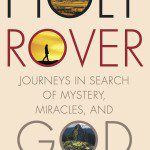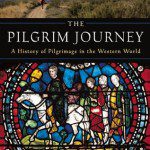Today we have Part 4 of Bob’s reflections on the Gospel of Thomas:
Let me remind you of the passage I quoted yesterday from the Gospel of Thomas:
“Jesus saw infants being suckled. He said to his disciples: These infants taking milk are like those who enter the Kingdom. His disciples asked him: If we are infants will we enter the Kingdom? Jesus responded: When you make the two into one, and when you make the inside like the outside and the outside like the inside, and the upper like the lower and the lower like the upper, and thus make the male and female the same, so that the male isn’t male and the female isn’t female. When you make an eye to replace an eye, and a hand to replace a hand, and a foot to replace a foot, and an image to replace an image, then you will enter the Kingdom.”
Here’s my attempt to unravel this intriguing passage. If you recall, Jesus’ disciples seem to get the child (rebirth) metaphor (“…these infants taking milk are like those who enter the Kingdom”), but he confounds them once again with a list of dualities that will disappear when you successfully enter this Kingdom. I believe there are four crucial concepts in this passage.
First, many spiritual adventurers talk about “child consciousness,” about being born into a fresh perspective as if seeing the world for the first time. This child, however, is not a total newbie, a naïve child; rather, this advanced spiritual state is that of a wise child. To be in this state is to transcend all of our usual categories and opposites—transcendence and immanence, soul and body, masculine and feminine, and so on. This is radical relearning of basic metaphysical categories, and it is doubly difficult because the conceptual shift must be grounded in an experiential one. To enter this Kingdom we must experience a world prior to our common dualistic categories, the very categories that undergird our every experience. Radical indeed. (Tomorrow I will have more to say about this Zen-like undermining of the basic metaphysical filters that unconsciously ground our experiences.)
Second, surely this and other sayings in Thomas emphasize the divine feminine. The divine will suckle us in our birth and give us the strength and security we need to view creation with the kind of abandon and trust that will allow us to be fed directly by God. The Kingdom of God is both feminine and masculine—we need the strengths and abilities of both genders to be, able to experience the world in this new way.
Third, this new consciousness is about unity, oneness. Find me a mystic who does not talk about becoming one with the divine, one with creation, one with humanity. Further, those mystics often possess extraordinary powers. In saying 19 Jesus says, “If you become my disciples and listen to me, these stones will serve you,” and in sayings 24 and 106 he says, “When you make the two into one, you will be called sons of men. When you say ‘Move, mountain!’ it will move.” For Thomas, though, these are not supernatural powers, but are natural abilities available to those who enter into higher consciousness.
Finally, in saying 22 Jesus tells us that one who enters the Kingdom of advanced consciousness will be able to “make an eye to replace an eye,” etc. It is difficult not to interpret these body replicating metaphors to be referring to resurrection. Many contemporary students of advanced mystics contend that one of the abilities people with child consciousness can acquire is to appear elsewhere, perhaps even after the body dies.
Thomas does better than the Biblical tradition and churches do at giving clues about what the Kingdom is like (even if expressed in metaphors and riddles). Tomorrow I will explore further clues to Jesus’ vision in Thomas, and I will explore one further passage that suggests how we are to born again.












